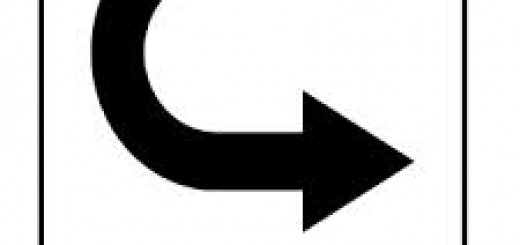By Shalom Olensky
This week in the Torah:
When Joseph and Benjamin are reunited, they cry on each other’s shoulder, referred to by the verse as crying on each-other’s “neck”.
Rashi comments:
The word neck here symbolizes the Holy Temples that were destroyed; Joseph cried for the two Holy Temples in Jerusalem, in the land apportioned to Benjamin, that were to be destroyed, and Benjamin cried over the future destruction of the Holy Temple in Shilo in the land apportioned to Joseph.
Question:
Why did Joseph and Benjamin cry for the ruin of the Holy Temples in each other’s land instead of crying for their own loss?
Also in the Torah this week:
When Jacob and Joseph are reunited, Joseph cries while the verse unambiguously omits mention of whether Jacob cries or not.
Rashi comments:
Jacob did not cry because he was reciting the Shema.
Notably:
This recital of Shema demonstrates the great level of worship on which Jacob was; even after twenty two years of separation from his dearest son, he was not distracted from his religious obligation at the time of their reunion.
However, the Zohar writes:
Joseph cried on Jacob’s neck for the future destruction of the Holy Temples.
Question:
How could Jacob not have been moved by the future destruction of the Holy Temples and, instead, was able to concentrate on the Shema?
Explanation:
Crying alleviates one’s pain. When seeing another’s misfortune one can only do a certain amount of care-giving until the other person will take his own situation in hand and rectify matters. One can cry for him, empathizing with him, and this helps. However, when faced with one’s own problem, crying is not the answer. First and foremost one must act.
Answers:
Joseph and Benjamin cried for each other. However, regarding themselves, they were intent on taking the initiative to spiritually rectify the looming destruction. Jacob, too, did not cry; rather he recited the Shema which our Rabbis say is equal to all the sacrifices brought in the Holy Temple.
Question:
Since these righteous men saw G-d’s plan to destroy the Temples, how could they think that their prayers etc. would help change the matter?
Lesson:
Even in the face of a Divine decree, never give up. G-d is always willing to change things for the better in answer to one’s prayer.
(Based on Likkutei Sichos Vol. 10, Vayigash)






















